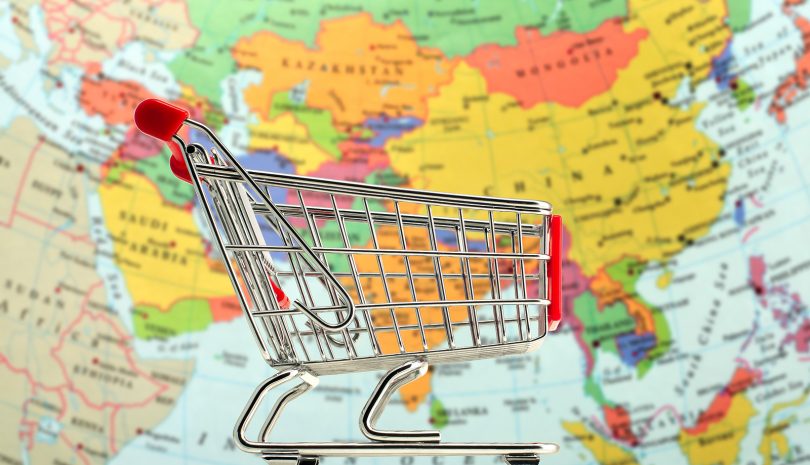Indian e-commerce tipped to boom: Deloitte

The Indian e-commerce industry is expected to expand rapidly in the next four years, according to a report by the Confederation of Indian Industry (CII) and Deloitte Touche Tohmatsu India.
While the business to business (B2B) segment is expected to more than double from US$300 billion last year to $700 billion in 2020, the business to consumer (B2C) segment will grow more than seven times from $13.6 billion to $101.9 billion, says the report.
It will be supported by a spurt in number of online shoppers, from 20 million in 2013 to 220 million in 2020, as well as a three-fold increase in average spending by online shoppers, from $147 in 2013 to $464.
However, there is a price: combined losses for e-commerce companies such as Flipkart, Snapdeal (Jasper Infotech) and PayTM (One97 Communications) last year stood at $557 million, says the report. It notes that most B2C e-commerce companies globally, even after five to 20 years in business, have low profitability.
“This trend, however, does not hold true for B2B e-commerce companies, which are profitable with greater GMV values.” The report attributes this to lack of heavy discounting, greater emphasis on quality rather than price, and higher volumes of purchases.
A spurt in internet penetration, especially via mobile devices, is expected to propel e-commerce sales in India, with the report saying the proportion of 3G users among internet users has improved substantially since 2013, when about 28 per cent of the 150 million mobile internet users in India had 3G connections. This year, about 59 per cent of the estimated 371 million mobile internet users in India are expected to have 3G connections.
According to the report, India had the highest share of mobile based e-commerce sales (41 per cent), ahead of China (37 per cent) and the US (15 per cent). The report also estimates a significant growth in the digital payments segment, from $20 billion in 2014 to $115 billion in 2018, though 60 per cent of transactions in India currently use cash on delivery.
While payments in instalments and digital wallets account for less than 2 per cent of overall transactions, they will grow faster than plastic money, says the report. E-commerce firms such as Flipkart, Snapdeal and Amazon India are seeking to strengthen their payment offerings.
Snapdeal bought utility payment service provider FreeCharge for $400 million last year, in the biggest domestic consumer internet deal. Amazon acquired Emvantage Payments for an undisclosed amount in February, and market leader Flipkart acquired payment services start-up FX Mart, which holds a prepaid wallet licence, in September last year. In March, the company launched mobile wallet Flipkart Money, 18 months after shutting down its payment gateway PayZippy.
This story first appeared on sister site, Inside Retail Asia.
Comment Manually
You must be logged in to post a comment.

No comments